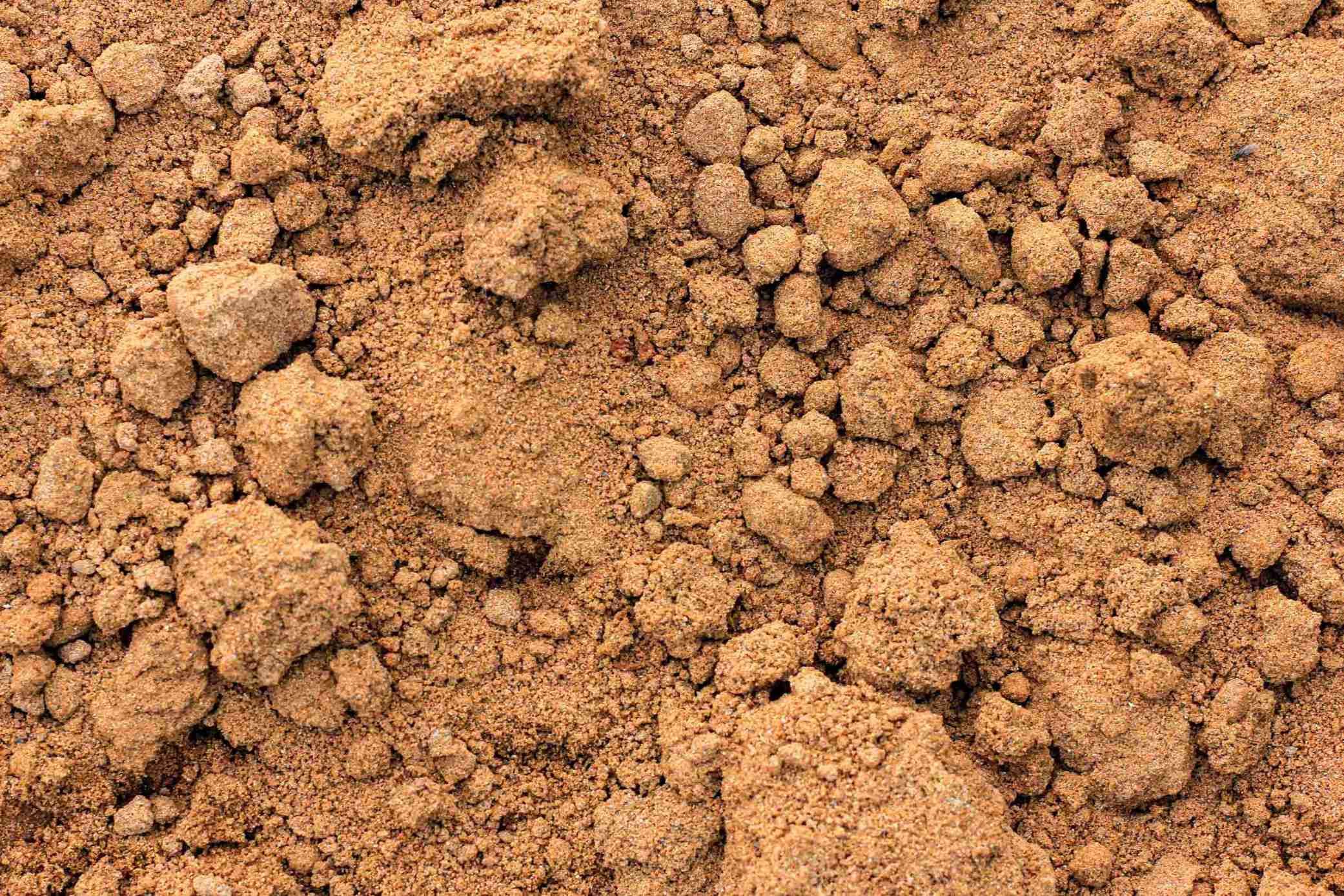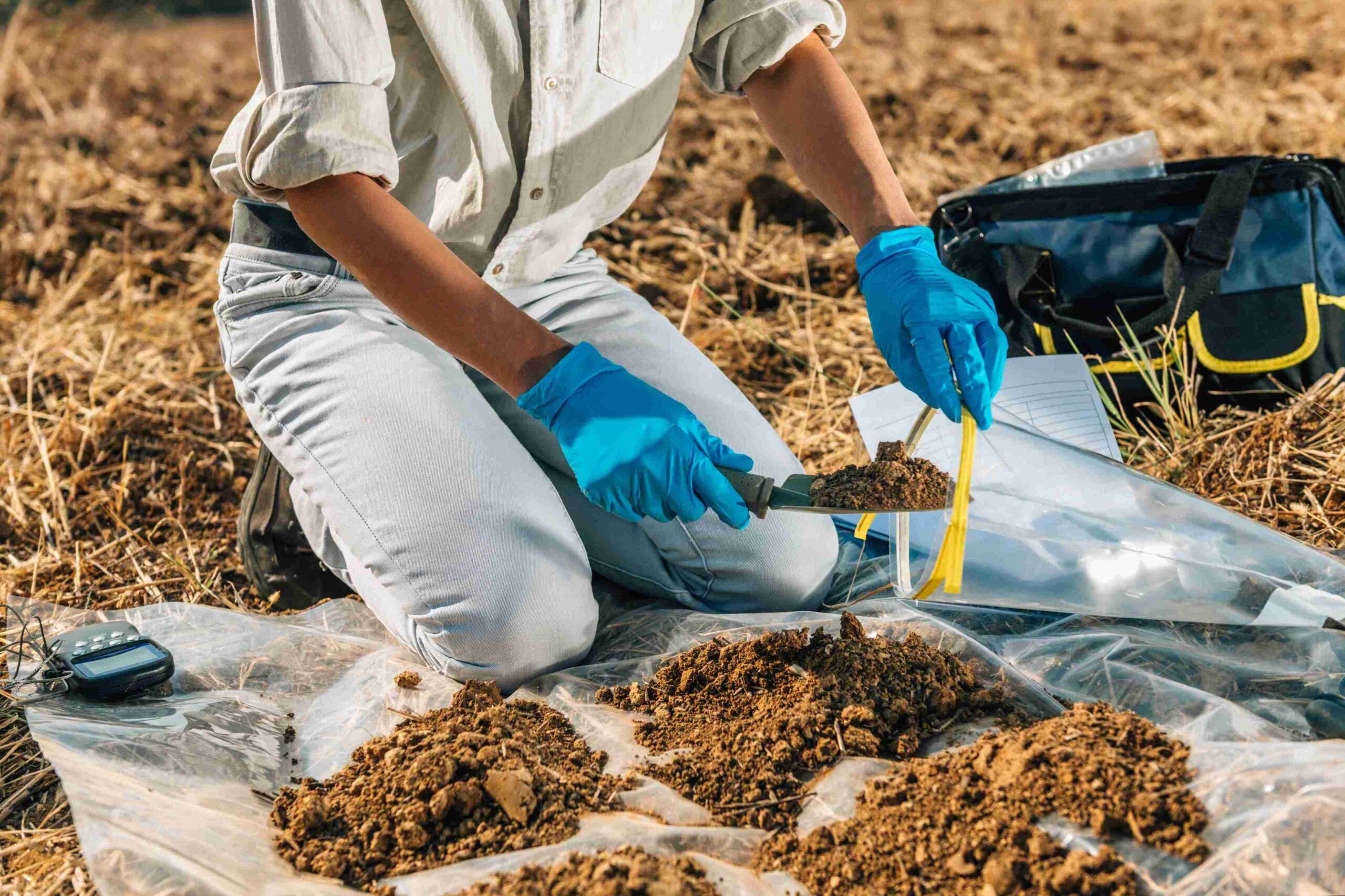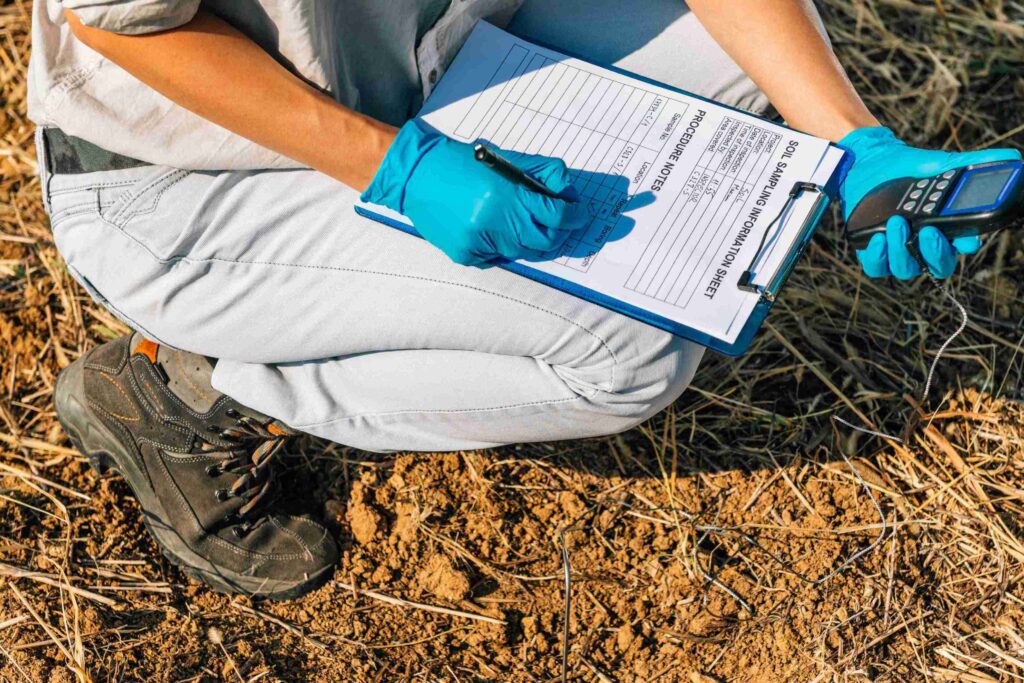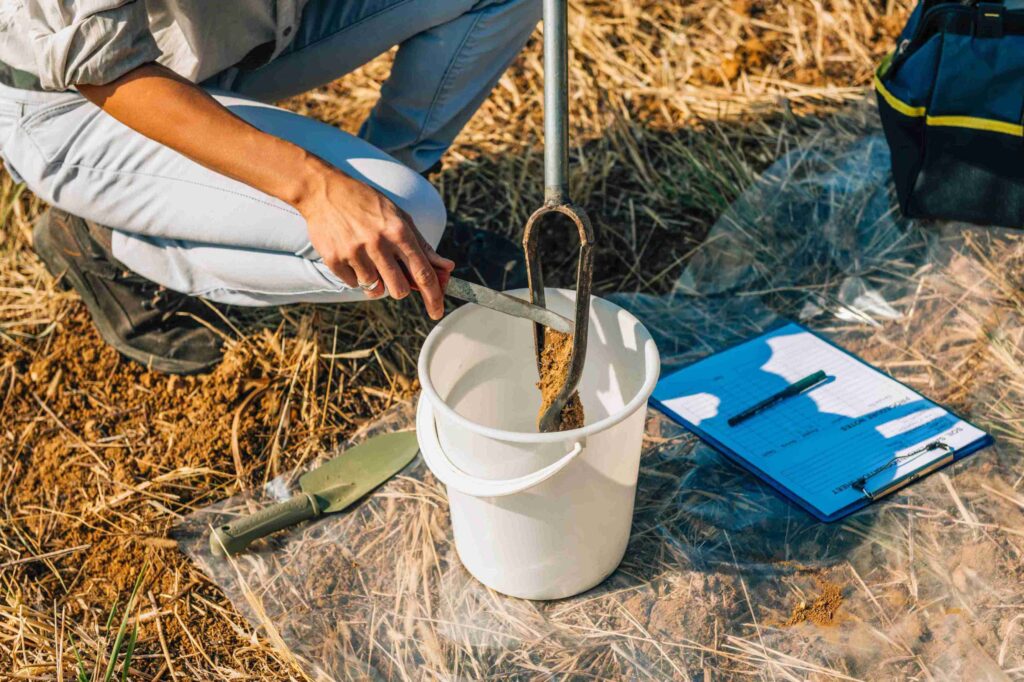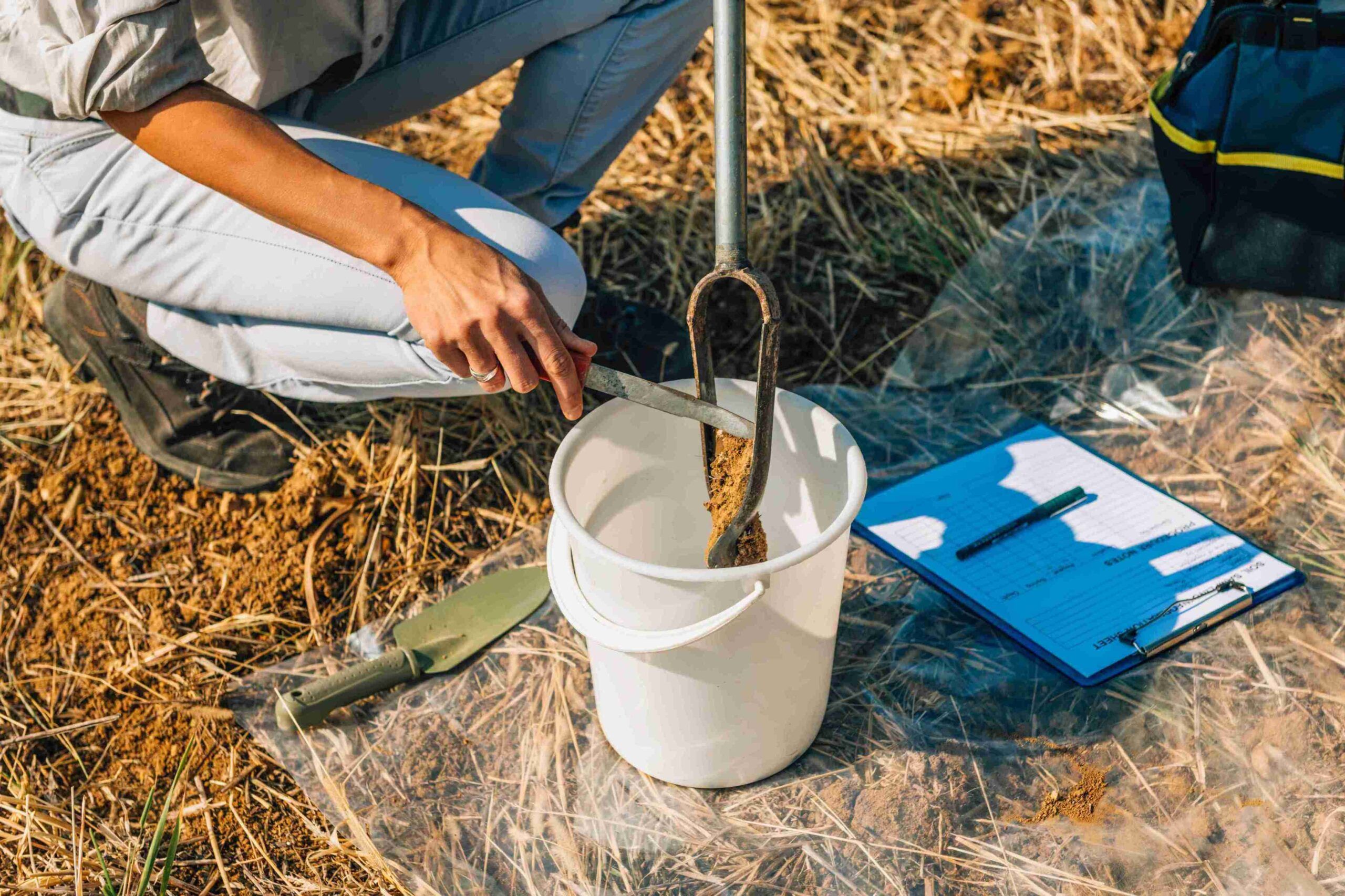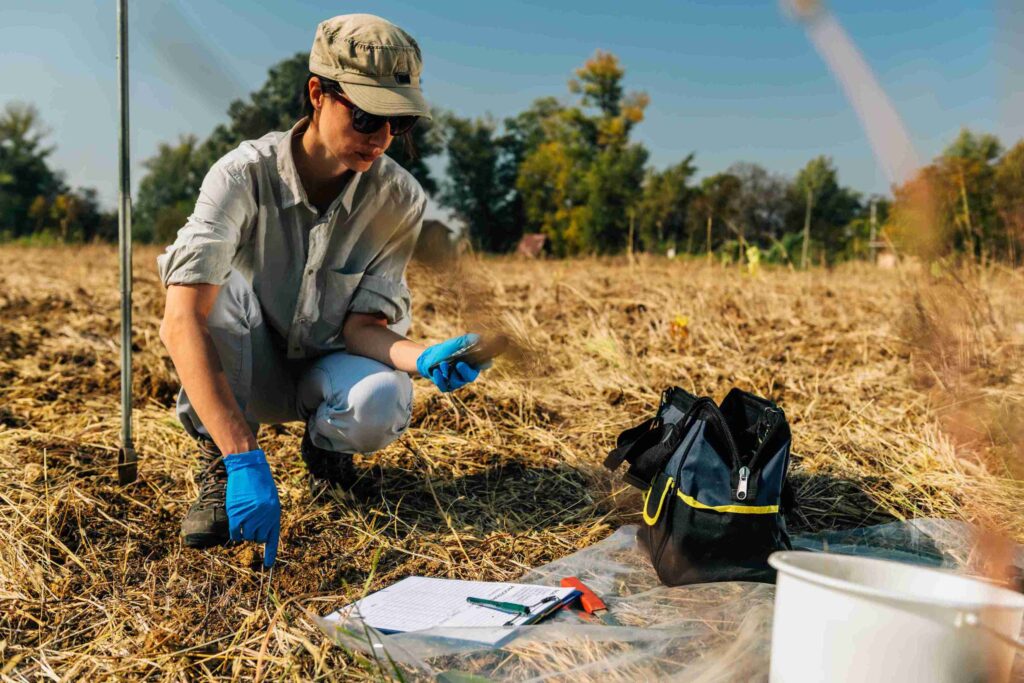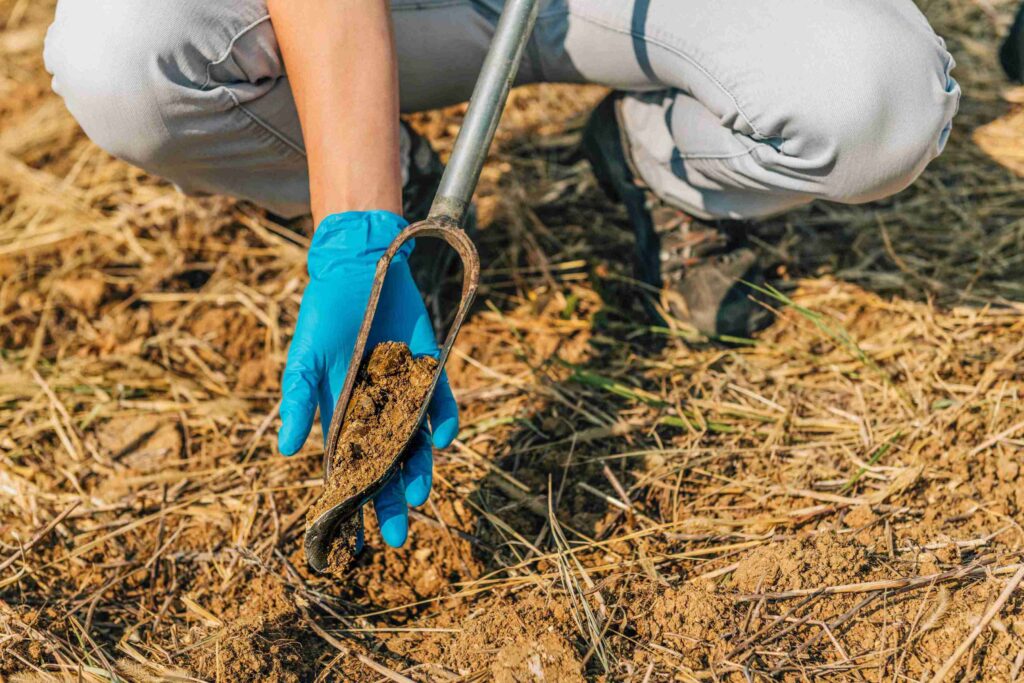How Much Does A Shrink Swell Test Cost?
If you’re planning to build on clay-heavy soil or noticing cracks in your foundation, a shrink swell test can save you a ton of future headaches.
This test helps figure out how much your soil expands when wet and shrinks when dry, which is a big deal for anything that sits on top of it, like your house or driveway.
But how much does a shrink swell test actually cost?
In this post, we’ll break down the average shrink swell test costs, and the factors that affect the final price. Plus, we’ll also give you a rundown of our prices.
Average Shrink Swell Test Costs
Most basic shrink swell tests fall in the range of $100 to $300 per sample.
That’s just for the test itself with no extras, no deep reports, no field visits. Just the lab taking your dirt and figuring out how much it wants to change shape.
But, if you’re working with an engineer or you need an official report for permitting or construction, the price will be a lot higher.
A full geotechnical investigation that includes shrink-swell testing along with other soil tests (moisture content, load-bearing, classification, etc.) can run anywhere from $1,000 to $3,000+.
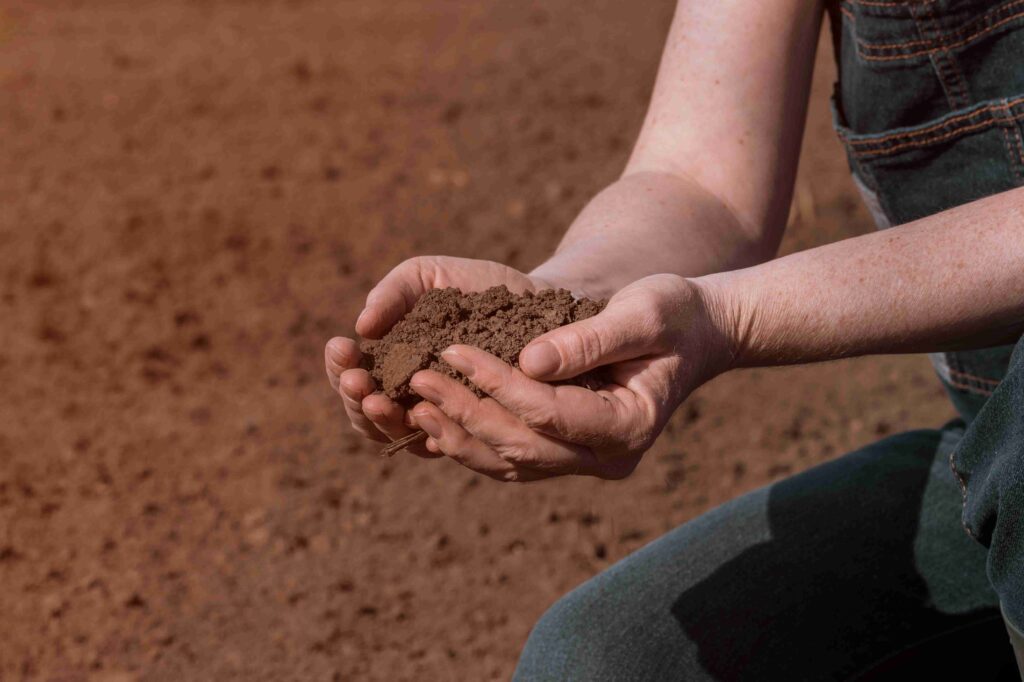
Also Read: How Much Does Pre-Construction Soil Testing Cost?
Our Shrink Swell Test Prices
We charge $1,250 to $1,500 for a complete shrink swell test.
That’s not just a quick scoop of dirt and a number, our price includes everything you actually need to make informed decisions about your property.
Here’s what’s included:
- Site visit and soil sampling from the areas you plan to build or investigate
- Lab analysis using industry-standard methods to determine shrink-swell potential (usually includes Atterberg Limits, Plasticity Index, and moisture content)
- A full written report with easy-to-understand results, plus any recommendations based on what we find
- Phone or email support if you have questions after getting the results
If you’re not sure if you even need the test, we’re happy to talk through your project first.
Factors That Affect The Cost Of A Shrink Swell Test
There are a few things that can bump up or bring down the cost of a shrink swell test. Here’s a breakdown of what actually affects what you’ll pay:
#1. Number Of Soil Samples
The more soil samples you need to test, the higher the total cost is going to be.
If you’re only testing one spot on your property, the price will be lower. But if you’re working on a larger project, like a new development or road construction, you might need to test multiple areas to get a clearer picture of the soil conditions.
Each test costs extra, so this is one of the biggest factors in how much you’ll spend.
One sample might not tell you the whole story anyway.
That said, some labs offer a discount if you bring in multiple samples at once. So instead of $300 each, you might pay $250 each for five or more.
Also Read: How Much Does A Perc Test Cost?
#2. Lab Vs. Field Testing
Most shrink swell tests are done in a lab because you get more accurate results in a controlled environment. That’s usually the default.
But some companies do field testing, especially if they’re already drilling or boring for you.
Field tests can sometimes be cheaper upfront since there’s less handling. But they might not give you the level of detail you’d get from a lab report.
And for bigger projects or anything involving a permit, the lab version is often required.
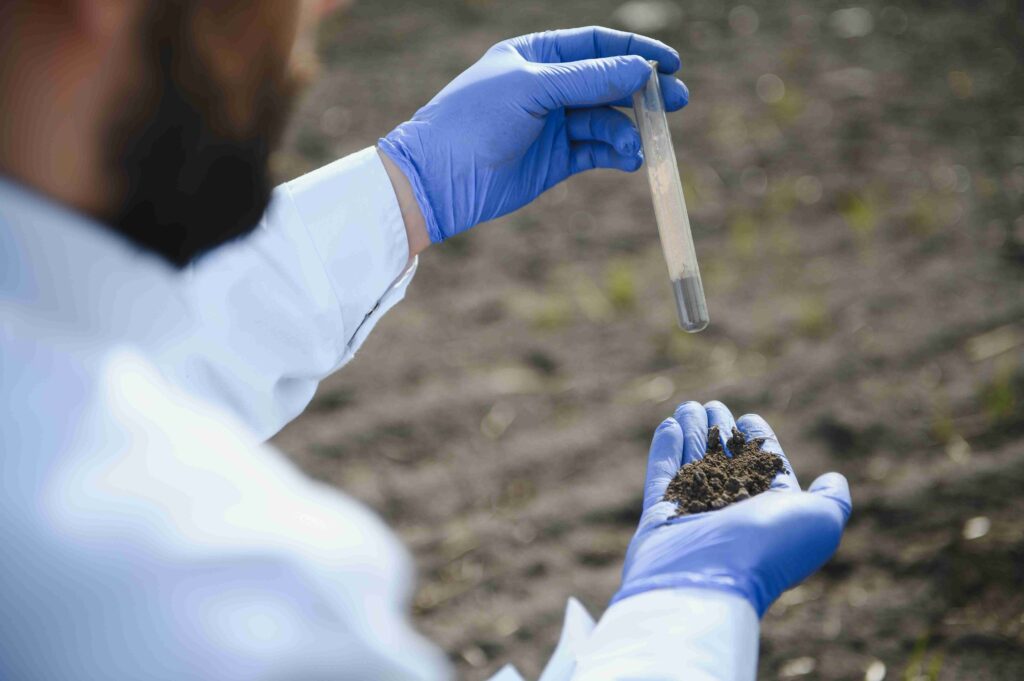
#3. Depth Of Soil Sampling
The deeper you need to go to get your soil samples, the more expensive the test will be.
Surface samples are easy and quick. You dig a little, scoop some dirt, and you’re good to go.
But if the test needs to go a few feet (or several feet) into the ground, that’s a different story. You’ll need special equipment to drill or bore.
That means extra labor, extra time, and yes, extra cost.
Plus, deeper samples are often needed for things like basements, retaining walls, or large structures that have to sit on super stable ground.
Also Read: What Soil To Use For Grading Around House?
#4. Location And Local Rates
Shrink swell test costs can vary depending on where you live too.
If you’re in a rural area with limited geotechnical services, you might pay more just because the lab has to travel out to you or because there’s not much competition around.
On the other hand, in a bigger city with more testing options, you might get lower rates or faster turnaround times. Some areas also have local codes that require more detailed reports, which can add to the total.
#5. Type Of Report Or Analysis
Are you just curious about what your soil does? Or do you need a stamped engineering report to submit with your permit application? There’s a big difference.
A basic lab test with raw numbers is on the cheaper side.
But a detailed geotechnical report that includes shrink-swell data, recommendations, and all the bells and whistles takes time to write and review. And that adds cost.
Most residential projects can get away with a simple analysis. But if your builder or city says they need a full report, don’t be surprised if the price doubles or triples.
#6. Turnaround Time
In a rush? Expect to pay more for the shrink swell test.
Some labs offer expedited testing if you’re up against a deadline. That usually means bumping your samples to the front of the line or running extra shifts to get your results back fast.
Rush fees vary, but a good rule of thumb is to add 25 – 50% to your base cost if you want results in 24 – 48 hours.
If you’ve got time to wait, standard turnaround is usually a week or less.
#7. Add-On Tests
Sometimes, a shrink swell test is just the beginning. Depending on the soil type and what you’re trying to learn about your land, you might need additional tests.
For example, you may want to test for:
- Moisture content
- Plasticity index (Atterberg limits)
- Soil classification
- Compaction or density testing
These extras give you a better picture of how your soil behaves. Some labs throw them in at a slight discount, while others charge per test.
If you’re just doing one-off testing, ask what’s included before you commit.
Bottom Line
A shrink swell test can cost as little as $100 to $300 per sample or up to $3,000+ for full reports with deep analysis. What you actually pay depends on how many samples you need, how fancy the report has to be, and how fast you want results.
It might feel like a hassle at first, but it can save you big money down the line.
Fixing a cracked slab or failing foundation costs way more than testing the dirt first.
So if you’ve got movement, moisture, or major plans to build, getting a shrink swell test is a smart move. Just grab a quote or two, ask what’s included, and you’ll be good to go.
